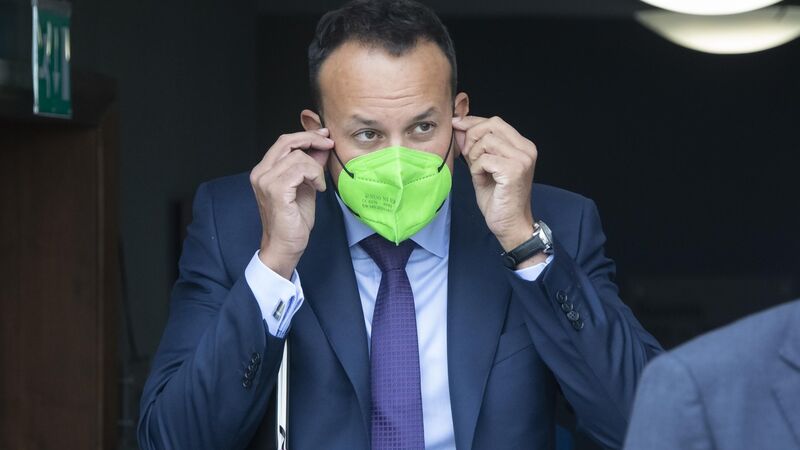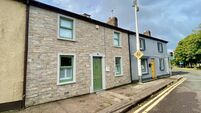'Enhanced restrictions' may be needed this winter, warns Leo Varadkar

Tánaiste, Leo Varadkar. File Picture: Picture Colin Keegan, Collins Dublin
Early closing times for pubs, nightclubs and restaurants are to be imposed by government in a bid to curb the spread of Covid-19.
Ministers agreed to midnight closures in the hospitality sector from Thursday as virus case numbers continue to surge.











